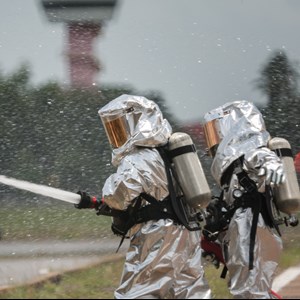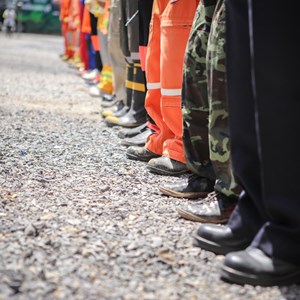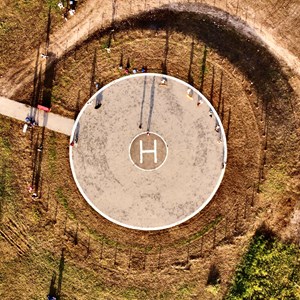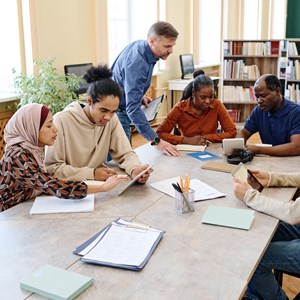NEWS

The CEN Workshop ‘Structuring an emergency response plan for crisis management stakeholders’ was kicked off on 27 January 2022. The Workshop’s registered participants have agreed on the final draft of the CWA.

The CEN Workshop 'Collaborative emergency response – Common addressing format and emergency identification protocol' was kicked off on 18 February 2022. The Workshop’s registered participants have agreed on the final draft of the CWA.

This CEN Workshop Agreement defines the process for extraction and purification of PHA biopolyesters using chlorinated solvent-free and wet chemistry methods from enriched biomass.

Two draft CEN Workshop Agreements (CWAs) developed by CEN/WS IPCI ‘Improvement of information processing in crisis management of critical infrastructures for computer assisted data gathering, display and reporting’ are now open for public commenting.

This CEN Workshop Agreement (CWA) aims to cover standardisation gaps of the evaluation phase and lessons learnt documentation of an exercise of crisis management.

The objective of this CEN Workshop Agreement (CWA) is enabling a respondent to a crisis to exchange information across jurisdictions, organisations and borders to other responders, while maintain full control of the information and while using their own terminology and symbology.

This CEN Workshop Agreement (CWA) aims to cover limitations in existing practices related with the design and planning of Search and Rescue exercises.

The CEN workshop ' Digital health innovations – Good practice guide for obtaining user consent for personal health information' was kicked off on 22 July 2022. The Workshop registered participants have agreed on the final draft of the CWA.

The CEN Workshop “Mediation Grammar: a standard to enable migrants integration”, has developed its first draft CWA.

The CEN-CENELC Workshop Agreement (CWA) provides a set of processes for digital services when end users are children, and, by doing so, aids in the tailoring of the services that are provided so that they are age appropriate.